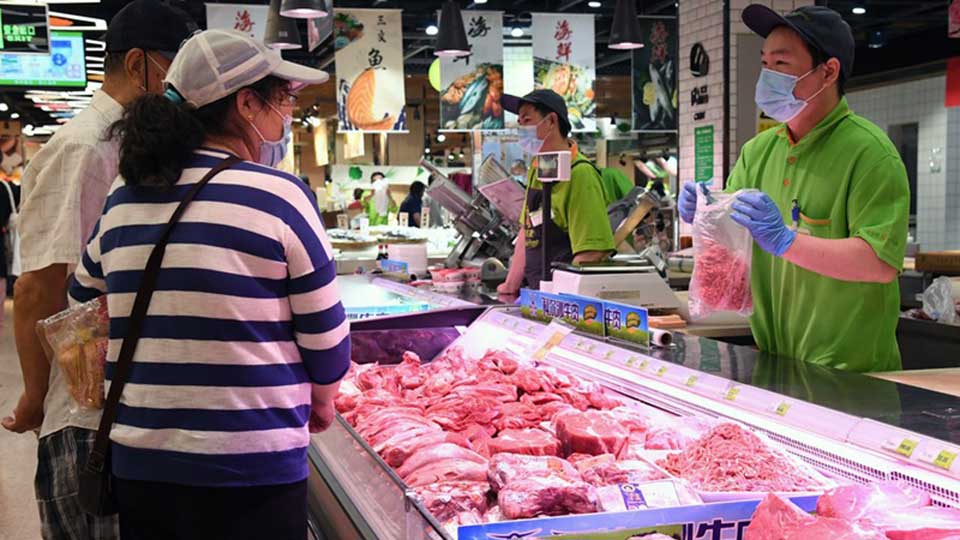
An article on China Meat Food Network 中国肉类食品网 examines how U.S. tariff policies have disrupted Brazil’s beef exports and how China’s growing appetite for high-quality, affordable beef has helped Brazil weather the storm.
After the United States imposed a 50% punitive tariff in mid-2025—raising the total duty to over 76%—Brazil’s beef exports to the U.S. collapsed by nearly 80%. Once a key supplier of lean beef for American fast-food chains, Brazil lost major buyers such as McDonald’s and Burger King, while slaughterhouses saw production fall by 25%.
In contrast, China has become the stabilizing force for Brazil’s beef sector. From January to August 2025, China imported 948,000 tons of Brazilian beef, up 19.6% year-on-year, accounting for more than half of Brazil’s total beef exports. The value of these imports grew by 48.1%, helping lift Brazil’s global market share to 32%, further cementing its position as the world’s largest beef exporter.
China’s rising demand for Brazilian beef stems from deeper structural shifts in consumer habits. As living standards rise, Chinese consumers are seeking more diverse and higher-quality protein sources beyond pork. About 25% of Gen Z consumers now buy beef through livestream e-commerce. Demand for beef cuts suitable for Chinese cooking styles—such as brisket and shank—has increased by 47%.
China’s “South America–led, Australia–supplemented” import strategy has also boosted Brazil’s role in the market. In August 2025 alone, China imported 260,000 tons of beef, marking 11% growth for three consecutive months. Brazilian frozen beef, priced 20% lower than Australian grain-fed beef, now holds over 60% penetration in China’s mid- to high-end beef segment, supported by its reliable quality and reasonable prices in supermarkets and fresh markets nationwide.
Meanwhile, U.S. beef producers are facing a double setback. The loss of Brazilian lean beef has pushed domestic hamburger production costs up 15%, squeezing restaurant margins and consumer demand. At the same time, U.S. beef exports to China fell 22%, as China replaced them with Brazilian imports, demonstrating how protectionist policies have backfired on the American meat industry.
Looking ahead, Brazil is deepening its cooperation with China through a “China Market Deep Integration Plan.” The program focuses on:
- Product innovation: Developing beef cuts tailored for Chinese dishes like hotpot and braised snacks, with deep-processed products targeted to reach 25% of exports by 2025.
- E-commerce expansion: Partnering with Meituan Select and Pinduoduo to reach smaller cities and counties, where sales are expected to grow 40% by 2026.
- Trade and logistics collaboration: Leveraging the BRICS Summit framework to expand cross-border e-commerce + bonded warehouse models, enabling “72-hour delivery” in major cities like Beijing, Shanghai, and Shenzhen while cutting logistics costs by 12%.
Why Is This Important? Huawei was reportedly identified in 2024 as one of China’s largest beef importers, after netizens discovered the tech giant selling beef products on its e-commerce platform. Huawei denied the claim, but media speculation suggested that an Argentine client short on foreign exchange may have paid for Huawei equipment with beef exports instead.
Whatever the truth, the incident highlighted how e-commerce has transformed China’s meat consumption patterns. As online retail channels grow, high-quality, value-added beef is gaining broader acceptance among Chinese consumers, deepening trade ties between China and Latin America, and signaling a long-term structural shift in the global meat economy.
